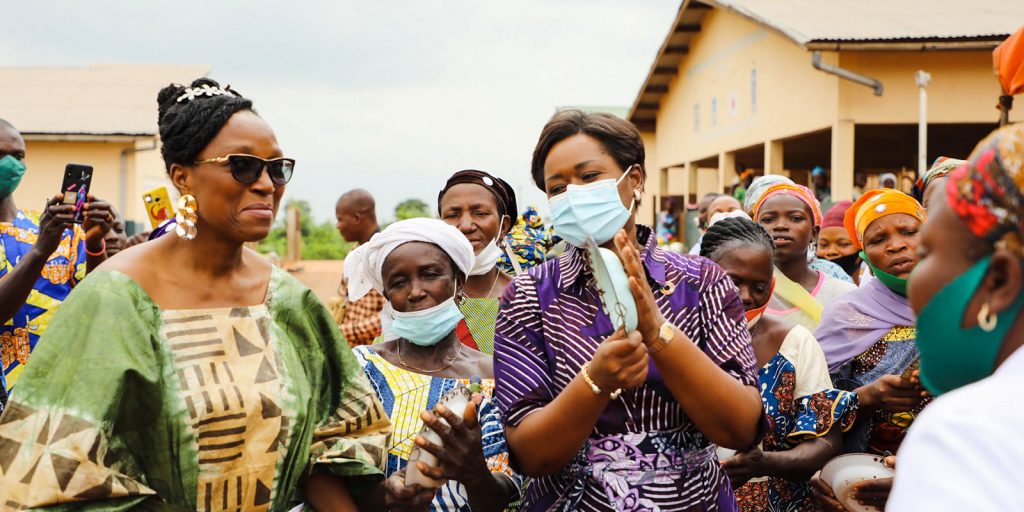
#WhatAfricanWomenWant
On International Women’s Day, 08 March 2022, AU launched the campaign #WhatAfricanWomenWant to popularise and advocate for the speedy and full implementation of its Strategy for Gender Equality and Women’s Empowerment.

On International Women’s Day, 08 March 2022, AU launched the campaign #WhatAfricanWomenWant to popularise and advocate for the speedy and full implementation of its Strategy for Gender Equality and Women’s Empowerment.
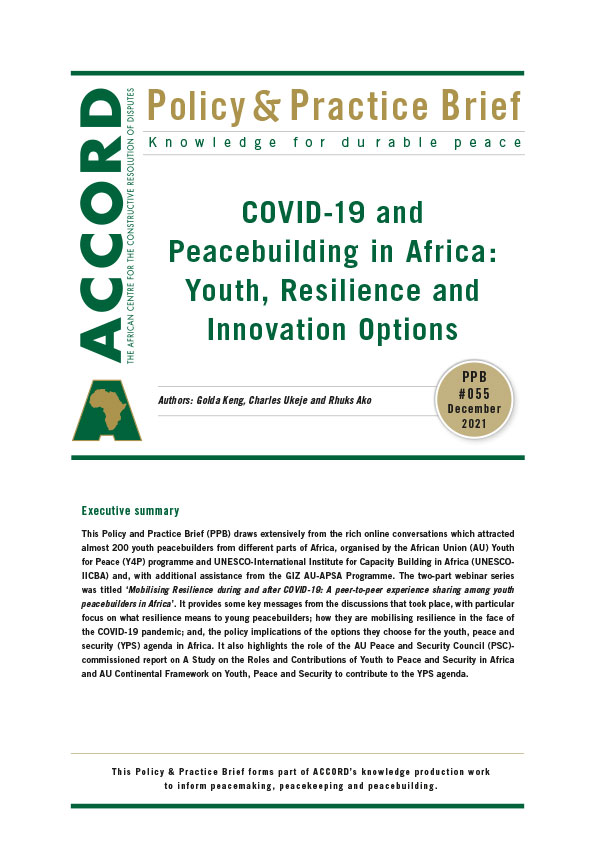
This Policy and Practice Brief (PPB) draws extensively from the rich online conversations which attracted almost 200 youth peacebuilders from different parts of Africa, organised by the African Union (AU) Youth for Peace (Y4P) programme and UNESCO-International Institute for Capacity Building in Africa (UNESCOIICBA) and, with additional assistance from the GIZ AU-APSA Programme.
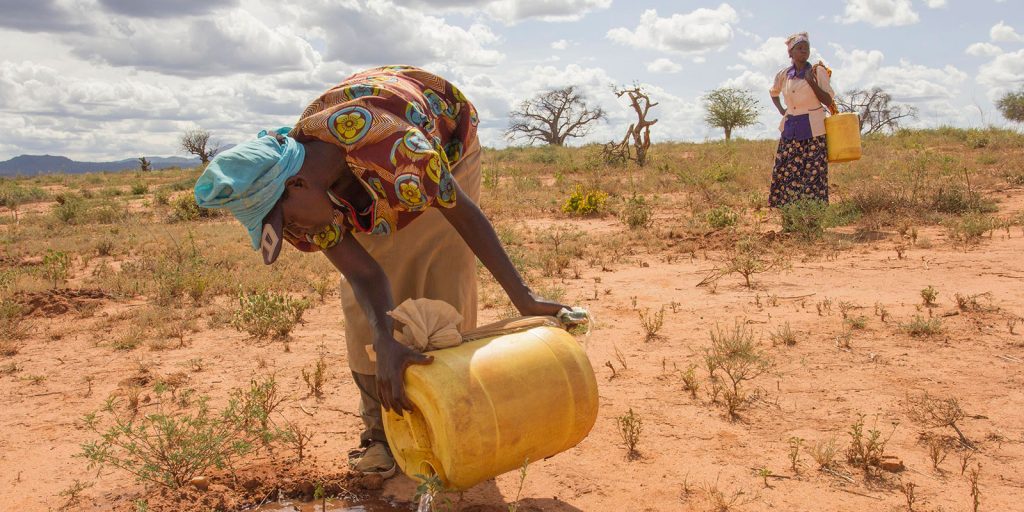
The Conflict and Resilience Monitor offers monthly blog-size commentary and analysis on the latest conflict-related trends in Africa.
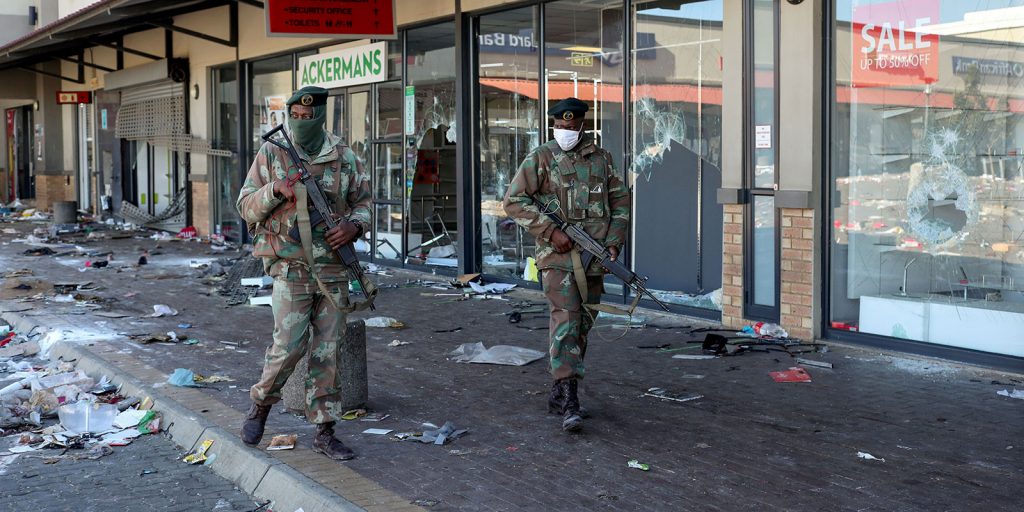
The situation in South Africa is a microcosm of what is prevailing in the rest of Africa. The marginalised majority have continued, over these three decades, to live in hope.
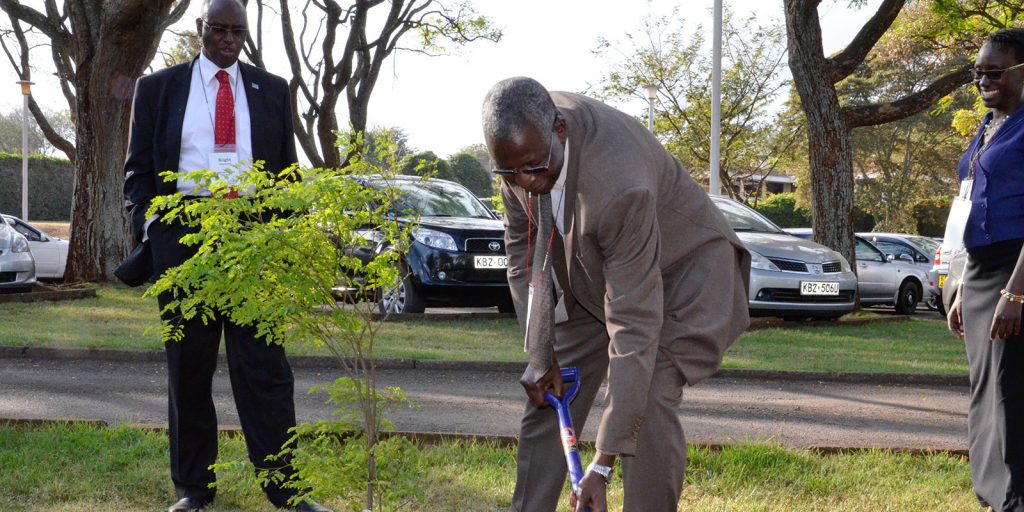
The AU has shown global leadership on how to integrate the climate-peace nexus. The March 2021 PSC meeting at heads of state level decided to also develop a common African position on the nexus between climate, peace and security.
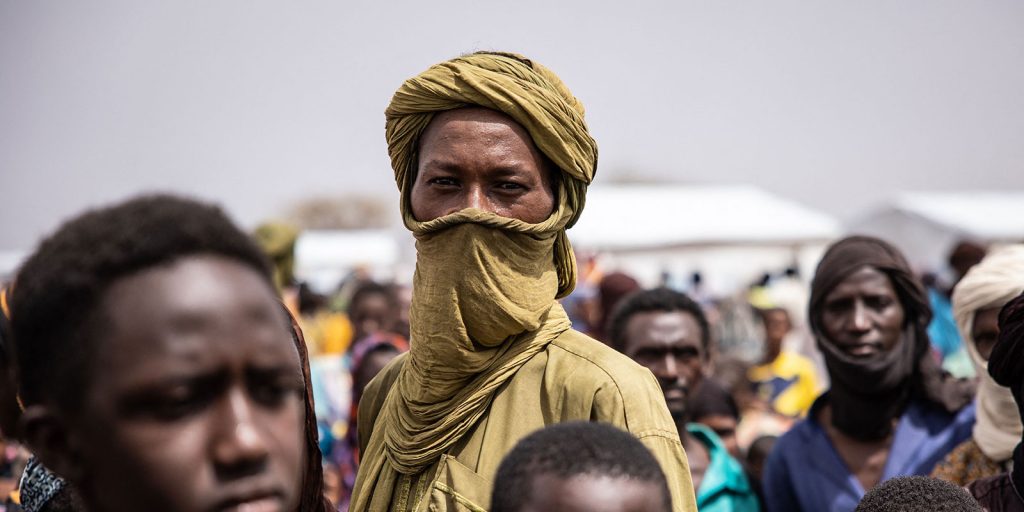
Communal conflicts in Africa are multi-dimensional and they vary from state to state. Community led peace initiatives can be inclusive when they involve a wide range of actors including in particular elders, religious leaders, women and the youth.
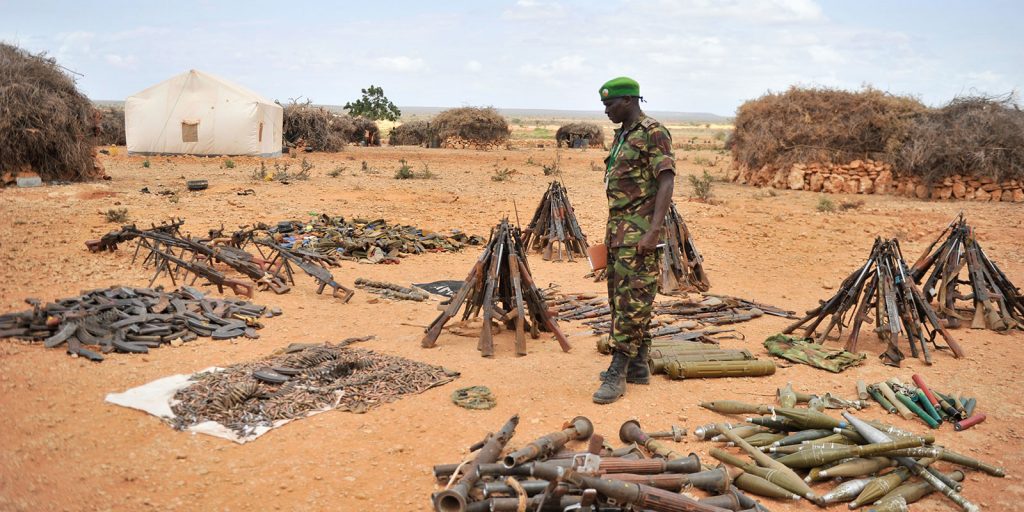
The goal of Silencing the Guns (STG) was to achieve a conflict-free Africa and rid the continent of all wars and conflicts. Conflicts have persisted, resulting in the STG agenda being extended to 2030, in the hope that by then Africa will have cured itself of the plague of conflict.
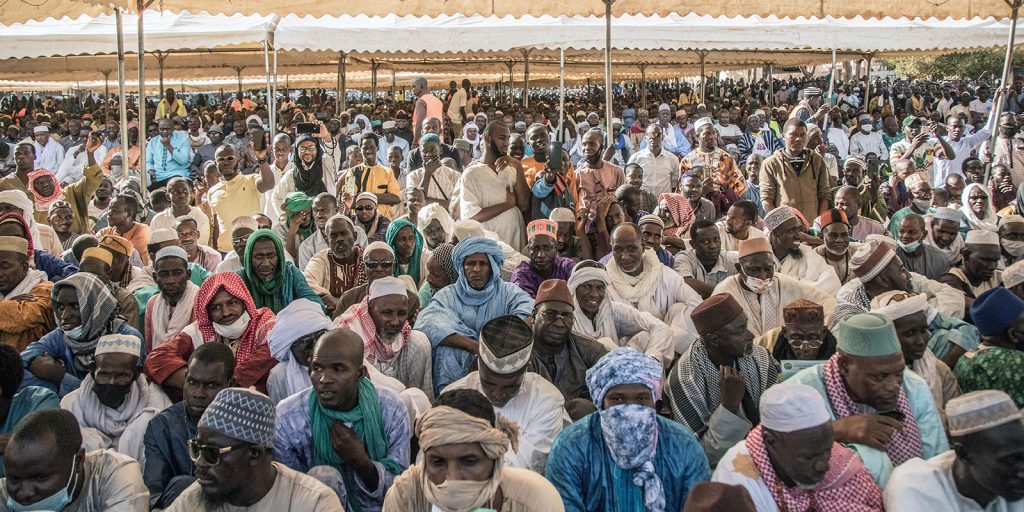
The Conflict and Resilience Monitor offers monthly blog-size commentary and analysis on the latest conflict-related trends in Africa.
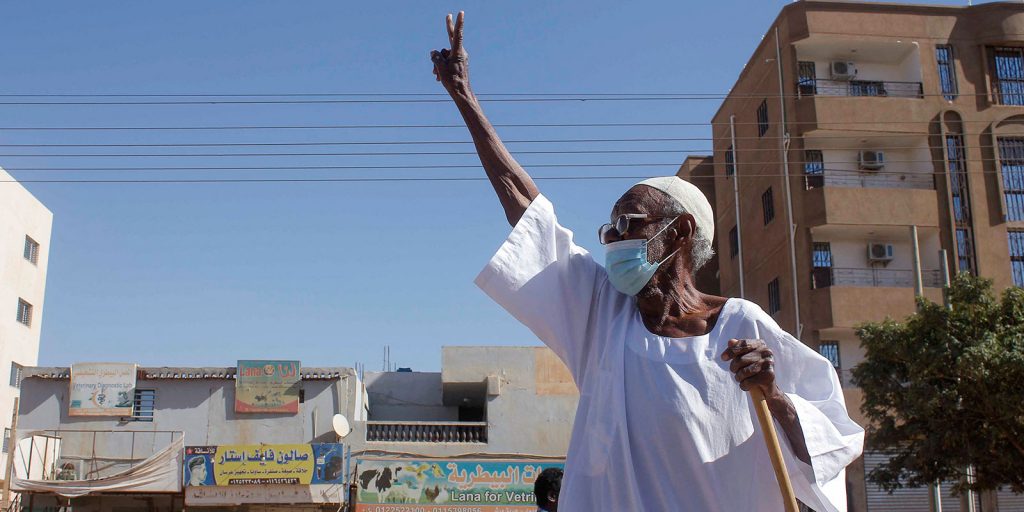
Restructuring how Sudan is governed is essential to placing Sudan on the right course towards sustained democracy, especially given the military’s restructuring process that has been in play for over 50 years.
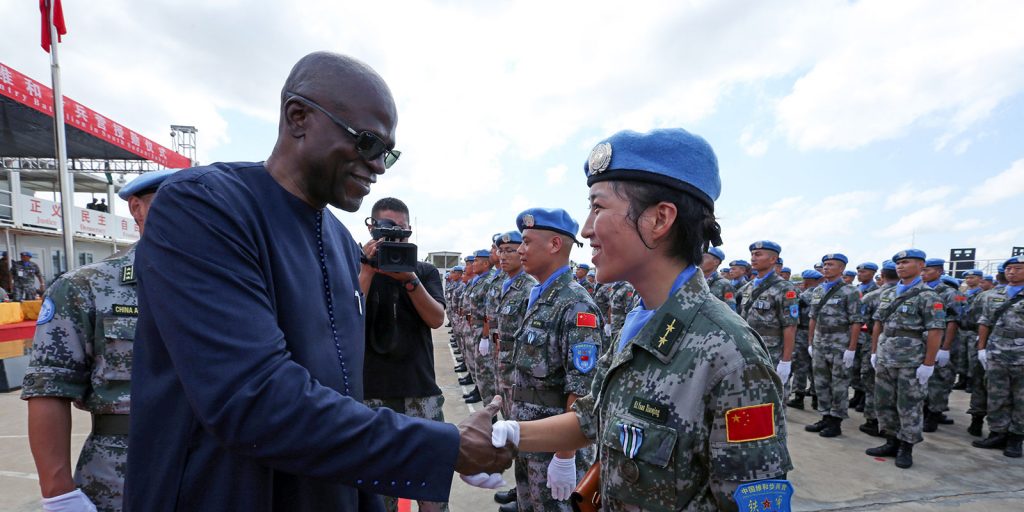
China’s stakes in the region and why Beijing has interests in enhancing its security role in the Sahel.